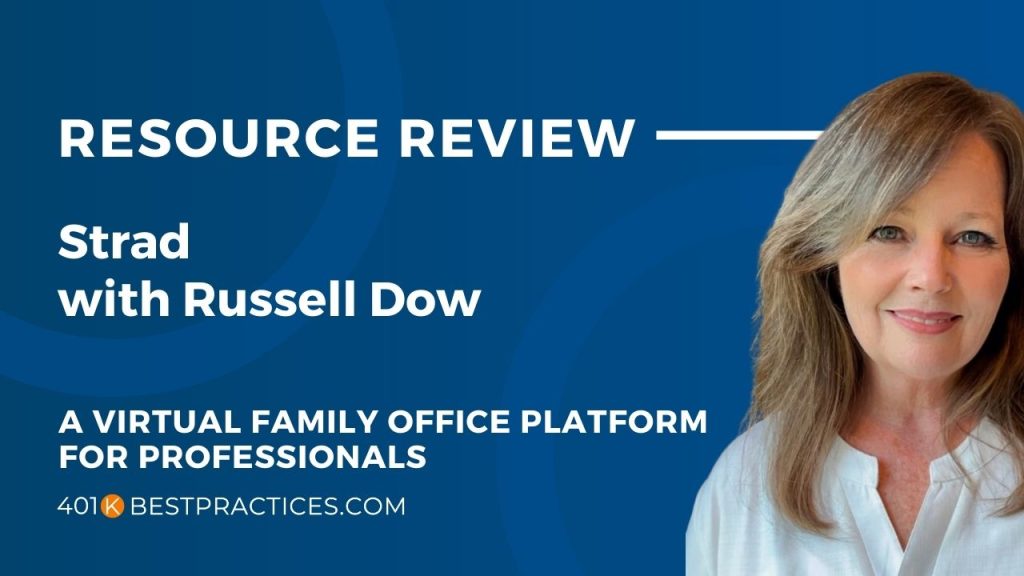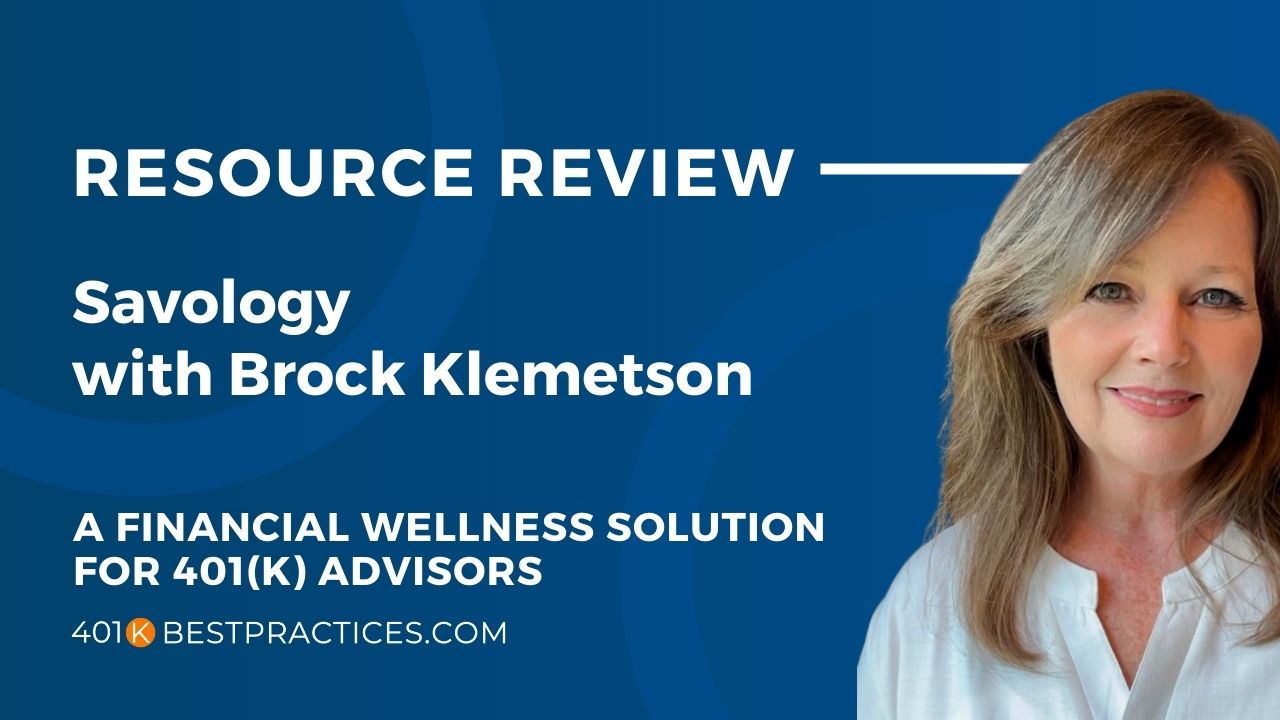Consumers have also spent $81.784 million on Airbnb stays in 2024, up 11.6% from 2023. And corporate bookings have also rebounded significantly, and Airbnb’s market share rose from 28% in 2019 to 44% in 2024. This shows short-term rentals are not just for vacationers; business travelers are increasingly choosing them.
Tax Advantages for Retirees
Airbnb earnings offer tax benefits that apply to all property owners, not just those with special accounts. You can deduct mortgage interest, property taxes, insurance, maintenance costs, and management fees. Depreciation allows you to write off a portion of the property’s value each year, potentially lowering taxable income. These deductions can make rental properties more profitable and reduce overall tax liability.
The Potential for Strong Cash Flow
Additionally, owning a rental property can help diversify retirement income. Many retirees rely on Social Security, pensions, and savings. Rental income adds a separate revenue stream that is not tied to the stock market. This diversification can make your retirement plan more resilient to market fluctuations.
Properties may also appreciate over time. In strong markets, your investment could grow, building equity while providing cash flow. Retirees can reinvest profits, pay off debt, or sell the property later for a lump-sum benefit. While not guaranteed, the cash flow potential can rival or exceed what retirees expect from traditional investments.
Managing the Workload
Hosting does not always mean scrubbing sheets and greeting guests. Retirees can hire property managers to handle bookings, cleanings, and communication. That creates a passive income stream with less daily stress. On the other hand, managing the property yourself can save fees and increase net income, but it requires more effort.
Airbnb hosting is not risk-free. Cities are tightening short-term rental rules, leaving some hosts uncertain about long-term viability. Vacancies, seasonal slowdowns, and property damage are also possible. Smart hosts budget for maintenance, repairs, and insurance to protect against unexpected costs.
Where is it Most Promising
Right now, buyers have the upper hand. Low inventory and rising mortgage rates are slowing demand in many markets. Sellers are stepping back or offering incentives to attract buyers. That creates potential for savvy investors to secure properties at better prices and convert them into income-generating rentals.
In certain cities, Airbnb often outpaces traditional rental income by thousands of dollars each month. Recent analysis shows that states such as Kentucky, Alabama, Indiana, Louisiana, Alaska, Maryland, Virginia, South Carolina, Illinois, and Michigan top the list for short-term rental investments. If you are looking at specific cities, Austin, Charleston, Nashville, Orlando, Key West, and Virginia Beach are among the most popular for Airbnb success in 2025.
Inspiration from the Road
Consider the “Senior Nomads,” a couple who sold their home to live full-time in Airbnb rentals. Their journey shows that short-term rentals can transform retirement from static to adventurous. Whether renting your space or traveling the globe, Airbnb can provide freedom and possibility.
Fitting Airbnb into a Retirement Plan
Your home is more than a shelter. Airbnb income can support a balanced retirement strategy. Hosting generates extra income, and directing more of it into a IRA can accelerate growth, building a stronger, more secure future. It works best as part of a broader financial plan.
Done right, Airbnb can fund adventures, supplement income, and make your golden years even more rewarding.



























